The term edutainment is the combination of two words: education and entertainment, which arises as a response to a very strong criticism that is made in the early eighties to educational television.
By: PhD. Luis Fernando Gutiérrez Cano and Mg. Luis Jorge Orcasitas Pacheco*
Edutainment is a neologism incorporated into Spanish, derived from the English expression edutertainment (edutenimento), which refers to variety shows and radio or television spaces that have as conception, foundation and categorization, educational content based on entertainment (Américo, Chade de Grande and Tobgyal da Silva (2015).
That is, the use of the concept of entertainment as a communicational experience, where, through playful activities, the growth of the individual is enhanced, in aspects such as behavior, intellect, motor development, affective and sociological that, in many cases, can influence social changes that emerge from the citizens themselves (Mainer Blanco, 2006).
For Américo, Chade de Grande and Tobgyal da Silva (2015), although there is no exact moment of the origin of the term, already in the forties you could see experiences like those of Walt Disney in True life adventures, a series of fourteen feature films and documentary short films produced between 1948 and 1960. In this area, there are also documentaries produced by the National Geographic Society, in 1973, the Millennium Project of 1975 and, of course, the video games developed in the eighties.
On the other hand, already in recent periods, there are diversity of productions focused on edutainment, including telenovelas, where some stand out for addressing certain social, family or political issues all as a result of the evolution of technology, which has deserved countless reflections in various academic environments.
To reflect and deepen on this phenomenon, we spoke with Gabriel Levy, who offers us his points of view, in relation to the development of the statutes of edutainment today and its complexity in contemporary practices and programs.
Gabriel Levy is a teacher, researcher and consultant. He worked at the National Television Authority, ANTV, was one of the consultants for the implementation of the Digital Terrestrial System, DTT, and has participated in the construction of what public television and private television mean in Colombia.
Can edutainment be considered a novel television strategy?
The term edutainment is the combination of two words: education and entertainment, which arises as a response to a very strong criticism that is made in the early eighties to educational television, which claimed that it was very boring because the mistake was made of moving the classroom to the television medium, and consisted of a teacher standing in front of a board dictating his chair. This was regarded as tremendously boring. Television emerged with the promise of entertaining, educating and informing.
Therefore, a series of creators and audiovisual filmmakers, sociologists and anthropologists came to the design and development of entertaining educational television strategies. In Mexico, for example, they began to use the telenovela as a mechanism to educate, then it was replicated in Costa Rica and Colombia with some very novel experiences.
In the United States there is the Discovery experience that revolutionized at the time the way of producing documentaries, later Natgeo and History Channel was consolidated. These models have been telling, in an entertaining way, universal experiences from the screen of a television as a general principle of edutainment.
It is proposed that any audiovisual format is valid to educate, that is, you can make a reality and this becomes an experience of edutainment. A very specific case is the educational reality that we did while in the ANTV as a project that Telecaribe presented to us that was called El hermano menor. This consisted of taking a number of participants to the Sierra Nevada de Santa Marta, in order to learn the customs of the original peoples of the region. The older brother is the native, who teaches him his historical traditions, so there is a vast and impressive ancestral and cultural historical knowledge.
U.S. series like The Price of History, which teach history through the sale of objects, can be considered as edutainment?
Effectively. In the United States it became a very strong current in the face of a criticism of the eighties that claimed that television was brutalizing. There is a very strong reflection and a generation of parents forbids their children to watch television because there is that dogma, so they begin to create content that, while still being entertaining, has the objective of educating, such as The Price of history of history of History Channel or all the documentaries that emerged from Discovery Channel.
Another more subtle case is The big bang theory, a proposal that arises within the context of traditional American comedy and has screenwriters with doctorates in physics and chemistry in order to ensure that all the concepts presented are totally accurate. So when you watch The Big Bang Theory and beyond the funnyness of Sheldon, Penny, Leonard, you are learning various concepts and theories. I, for example, understood much better the string theory explained very clearly by Sheldon.
This reminds us of series like Grey's Anatomy and Suits that arose because they wanted to tell a drama of doctors or lawyers and then the real doctors and lawyers began to complain because they were not correct when it came to developing the themes and ideas or situations.
It is true that they exceed in many series, especially those of lawyers or doctors. In Colombia it happened with the series Nurses, which had many complaints from the nurses' association. Series like House are medical cases diagnosed correctly and with high standards to teach medicine. In our context, a television series is created to discourage mules and drug trafficking that is Alerta aeropuerto con Natgeo, an alliance between the authorities and the media. In practical terms it is a form of edutainment because it explains to the audience the risks that this illicit activity runs, while it is entertaining for the audience to know each of the stories.
In Colombian commercial television some a series of edutainment that stand out is La venganza de Analía by Ana Piñeres Manager - Creative and Executive Producer at CMO. She is a person trained in edutainment and has made several interesting proposals. In the public channels we have promoted it enormously and there are many; for example, in Teleantioquia there is Débora, the woman who stripped Colombia naked, a miniseries that tells the life and work of Débora Arango or Déjala morir, broadcast by the Telecaribe channel, which tells the story of the Emilia Girl and her contribution to Caribbean folklore.
Series that have been funded by the Television Development Funds. From the ANTV we did the exercise of training the channels, producers and filmmakers in the criteria and methodologies of edutainment, a model that continues to strengthen today Mintic through the Group of strengthening public media, from where large audiovisual projects have emerged under this premise.
What are the criteria to consider when designing an edutainment program?
Edutainment has to be considered as an intention from the beginning. You have to choose the format and define –u2012e as if you were developing a university course\u2012, what will be the pedagogical competences that you are going to develop: they can be from the prevention of crimes, the knowledge of a culture or a person, of a historical moment or fact, among others. Then, it is to clearly define the purposes to be determined: "after having seen the series, the person will understand and measure what was the role played by General José María Córdova in the liberation campaign in Colombia." Everything is defined as if they were indicators of educational competences.
In that perspective, the most important thing is that the script is prepared with a thematic advisor expert in the subject and then that this script is verified and reviewed by an academic pair that has the same competencies in the subject. From there, the shooting already comes and when you are in the post-production stage, the same thematic advisors must be present to ensure that no mistakes are made in the editing, since you can cut, for example, a piece that is fundamental to understand a specific situation of the historical fact, character or place. Basically the main characteristic of edutainment is the permanent presence of thematic advisors.
Does edutainment also create lines of power, sentimental?
Of course. All traditional conventional narrative structures can be used without any problems. Proposals such as Matrix are edutainment, because this film generates a reflection on the risk of artificial intelligence and the non-parameterization of the power that can be granted to machines. This narrative series does not renounce violence, the excess of martial arts and narrative instruments that are very commercial, but ultimately what it is generating is a deep reflection. I can give a class on artificial intelligence and on the risks, but no one is going to understand those risks as well as you can see in the Matrix.
What other success stories can be referenced?
In Netflix, for example, we can find great entertainment cases, such as House of cards (with the exception of the last two seasons), they are an advanced course of Political Communication, where you can understand how a bill is approved, the way in which appointments occur ... that is, it is a realistic series that details the dynamics of politics honestly and crudely, but at the same time resorts to the instruments of traditional narrative such as violence, intrigue and drama.
Another wonderful case of success is the Ministry of Time on Spanish Television, which narrates in each chapter an episode of the history of Spain, through a very entertaining story.
In terms of the viewer, he is learning and he is entertaining himself, what happens in his brain when he performs these two activities together?
People turn on the TV to entertain themselves, the only exception is when they do it to inform themselves in the news. In this direction, edutainment proposes that education be disguised as entertainment and that the fact of learning becomes a side effect. It is sought that, through these narratives, the viewer learns, almost in an experimental way, the event that is being presented to them through others. It's painless learning.
What's next? Will new television conceptions emerge?
I believe that from the strategy of marathoning as audiovisual consumption proposed by Netflix, it breaks with that scheme that television had been proposing, of waiting for the program every week for a new chapter. This fact becomes a challenge because the distance between the production of seasons can be very long, and then that the viewer gets hooked on it again is usually difficult. Right now the challenge we have to ask ourselves is, how are we going to get around a generation that wants to see everything now?
On the other hand, we have seen a serialized production line, such as, for example, The Robbery of the Century, where each chapter had a different director and production team. In that way, the only thing that had to be coordinated in parallel were the actors because the rest was in series.
Another example of this is Sense8, a series that was shot in 4 and 5 countries simultaneously and that opens the way for Netflix to continue experimenting in formats, but there has not been one that marks as much as the reality did at the time.
In conclusion, edutainment is not only useful for television, there are also examples of airlines that begin to develop strategies for which passengers do pay attention and watch the safety videos they put before taking off, and there they make use of edutainment.
Final Thoughts
Edutainment is a creative and innovative alternative that opens a wider spectrum for entertainment programs and that, according to some successful experiences, is effective in two areas, apparently discordant, such as education and entertainment. It is evident that audiences can be entertained and educated in an analogous way, as long as the edutainment proposal has clear objectives from the very conception of it.
It is crucial to consider that technological advances constitute a significant contribution in the creative journey of this type of proposal; media convergence, the Internet, media, video games and mobile devices, among others, are factors to consider in innovative edutainment experiences, which at the same time make it possible for it to gain more and more ground in the various audiences, as Walldén and Soronen (2004) point out, because, from the various media, educational messages can be incorporated into entertainment formats, that is, it is feasible to educate with entertainment methods.
Content creators must bear in mind that educating and entertaining, form an interesting creative tandem, but also show various stages of complexity, which must be taken into account to think and propose current programs.
*PhD. Luis Fernando Gutiérrez Cano and Mg. Luis Jorge Orcasitas Pacheco, are professors at the Pontifical Bolivarian University. In this edition they have the special collaboration of the students of the Faculty of Social Communication-Journalism of the Pontifical Bolivarian University Valentina Herazo Benítez and Juan Camilo Hernández.




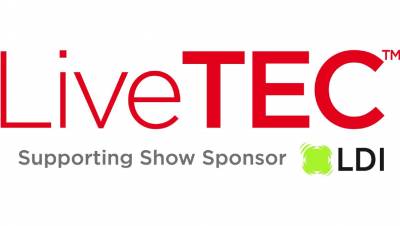







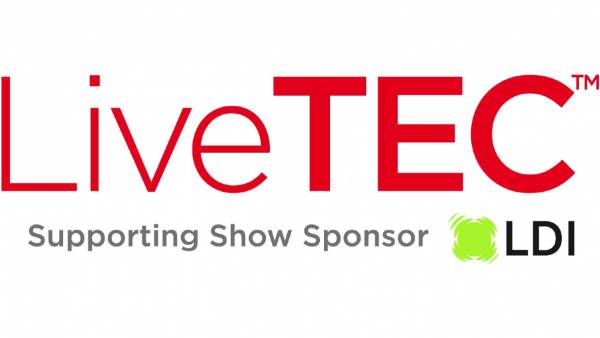
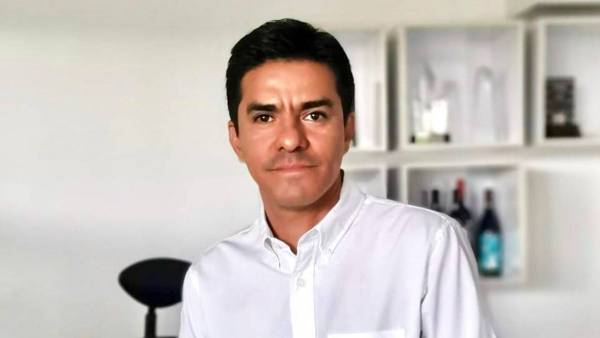

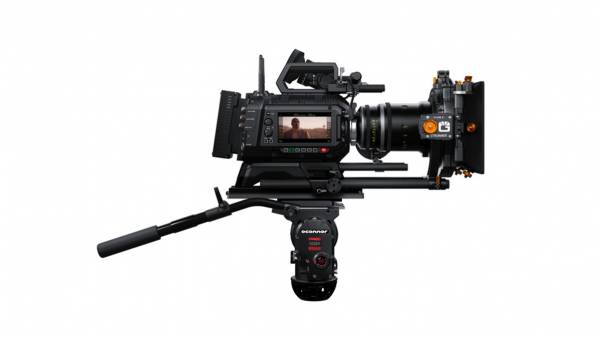









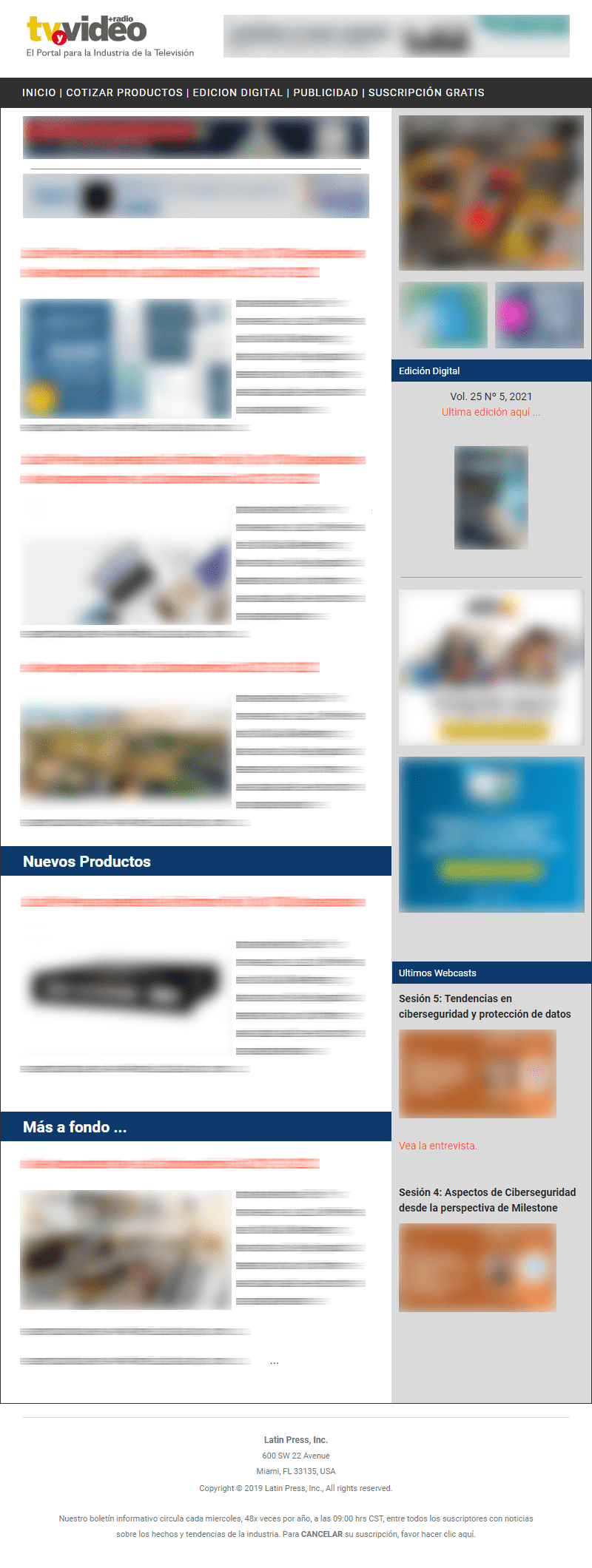
Leave your comment